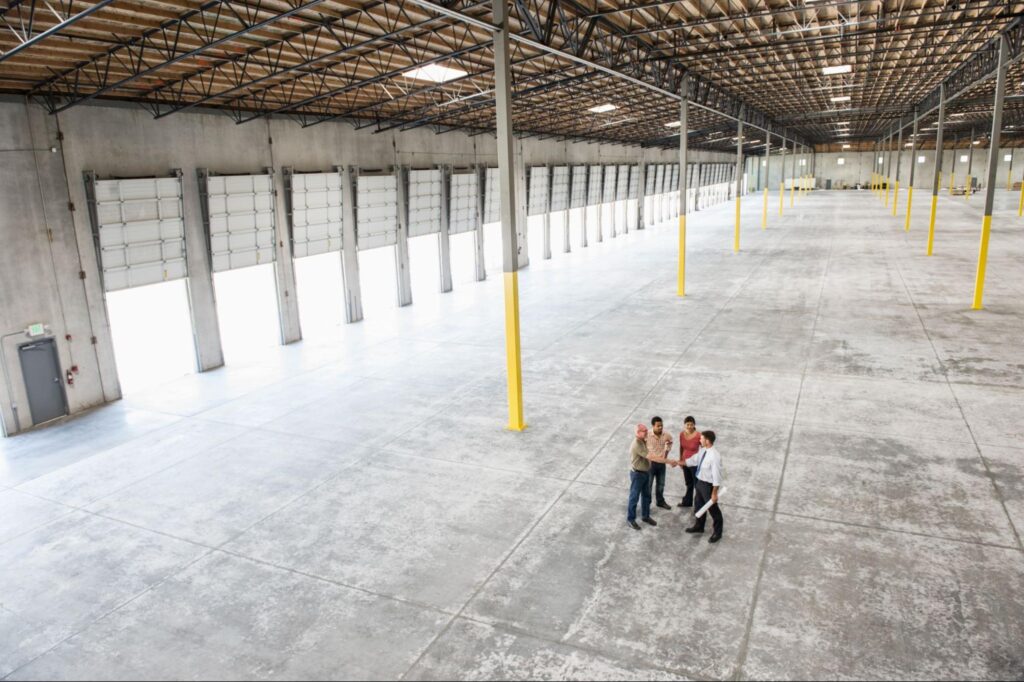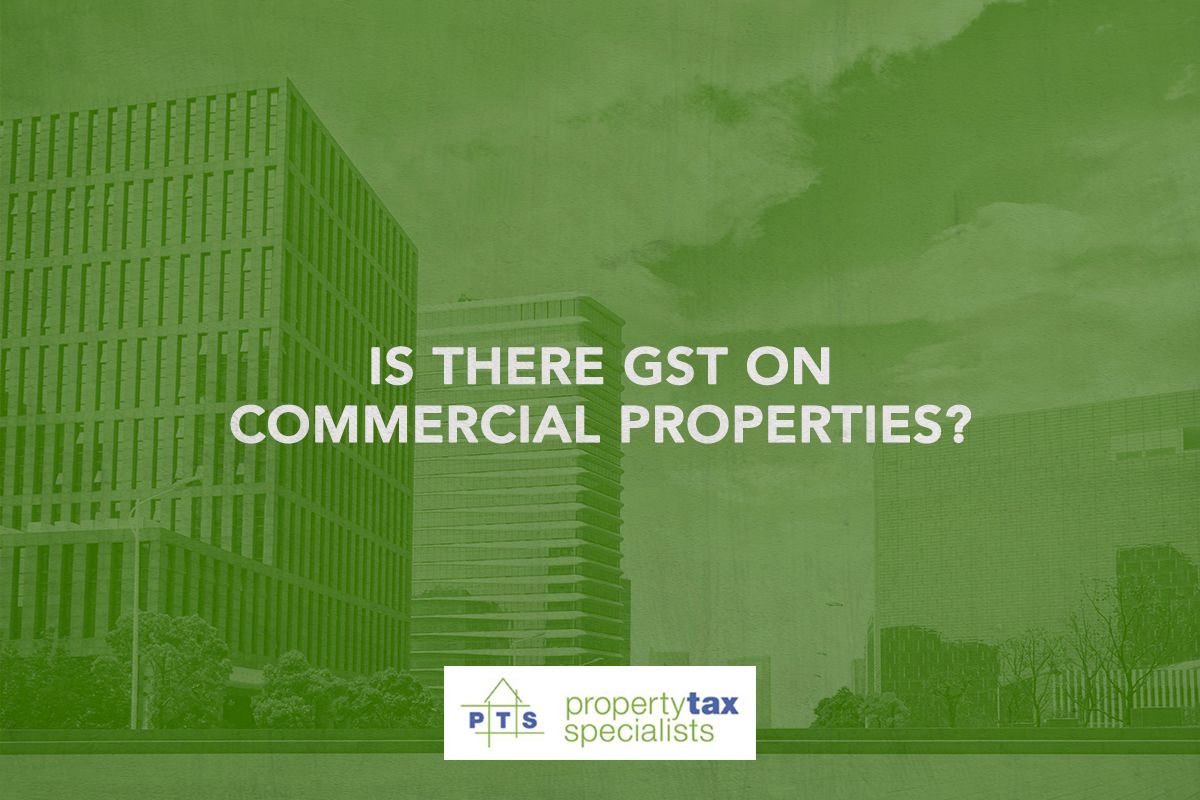Commercial Property GST Australia: An Essential Guide for Buyers and Investors
The world of commercial property transactions can be both exciting and complex, with various factors to consider when buying or selling a property.
Among these factors, the Goods and Services Tax (GST) plays a significant role, as it can have substantial financial implications for both buyers and sellers in the Australian commercial property market.
Understanding the ins and outs of GST on commercial property transactions is essential for making informed decisions and ensuring compliance with tax regulations. However, navigating the GST landscape can be daunting, given the different scenarios, rules, and exceptions that may apply.
Whether you’re a seasoned investor, a business owner looking to purchase commercial premises, or considering selling a business property, having a solid grasp of the GST requirements is crucial for a smooth and successful transaction.
In this blog, we’ll explore the key aspects of GST as they relate to the purchase and sale of commercial properties in Australia, including when it applies, the various types of commercial transactions that are subject to it, and the potential concessions and exemptions available.

Understanding Goods and Services Tax (GST) in Australia
In Australia, the Goods and Services Tax (GST) is a value-added tax that the government levies at 10% on most goods and services sold.
The end consumer is the one that ends up paying GST, with businesses acting as intermediaries, collecting the tax and remitting it to the government.
Here’s a breakdown of how GST would be applied at different stages of the transaction in the manufacturing process:
- Purchasing raw materials: When you purchase raw materials for manufacturing the chairs, such as wood and metal, you pay GST on these materials. Assuming the raw materials cost $100, you would pay an additional $10 as GST (10% of $100). A GST calculator can help you work these equations out.
- Manufacturing the chairs: After manufacturing the chairs, you sell them to a retailer at a GST inclusive price. So, if the chairs’ selling price is $200 each, you would charge an additional $20 as GST (10% of $200) to the retailer.
- Claim GST credit entitlements:: As a GST-registered business, you can claim input tax credits for the GST payable on the raw materials. In this case, you would claim a credit of $10, which is the GST amount you paid when purchasing the raw materials.
- Retailer selling the chairs: The retailer then sells the chairs to end consumers at a price of $300 each. They would charge an additional $30 in GST (10% of $300) to the consumers. The retailer can also claim input tax credits for the GST paid when purchasing the chairs from you ($20). They would then remit the difference between the GST collected from the consumers ($30) and the input tax credit ($20) to the government, which is $10.

Do You Need to Pay GST on Commercial Property Purchases?
In most cases, yes, the Australian Tax Office (ATO) will require you to pay GST on a commercial property purchase.
When you are involved in buying, selling, or leasing commercial property, the ATO typically classifies you as an enterprise. And once your turnover is at or above $75,000, you’re liable to pay GST.
Fortunately, most commercial property buyers can typically claim GST credits.
How Do You Claim GST Credits?
To be eligible for GST credits, you must fulfil the following conditions:
- You must be registered for GST.
- The property must be used to carry on an enterprise.
- You generally need to hold a tax invoice for the purchase.
- GST must have been paid at the time of settlement.
- Both the buyer and vendor must be GST-registered.
You can’t, however, claim the GST if the seller used the margin scheme to work out the GST (see discussion below) or if you purchased the property as a GST-free supply, such as in a going-concern transaction.
Therefore, it’s essential to do careful due diligence when purchasing a commercial property to ensure that all the conditions favour claiming a GST credit.
The GST Margin Scheme
The Margin Scheme is a special provision that allows property developers to calculate the GST on the sale of new residential property or certain commercial properties based on the margin rather than the total sale price.
This can result in a reduced GST liability.
However, not all properties are eligible for the margin scheme, and both the buyer and seller must agree to apply it.
You can read more in our guide about why all property investors need to know about the GST Margine Scheme.
Are there Circumstances when GST Doesn’t Apply?
There are specific circumstances where GST doesn’t apply to commercial property transactions. One of the most common situations is a commercial property ‘sale of a going concern’.
Going Concern Sale
A ‘sale of going concern’ refers to the sale of an entire business operation, including all assets and liabilities, as a functioning entity.
In the case of a business sale, the buyer takes over the ongoing business with the intent to continue its operation, maintaining the same activities and services. In the case of a commercial property the vendor has to provide all the assets which includes the property and all the current leases.
In Australia, this can be GST-free under specific conditions.
For a transaction to qualify as a GST-free going concern, both the buyer and seller must meet the following requirements:
- Both parties must agree in writing that the sale is a going concern.
- The seller must supply all things necessary for the continued operation of the business.
- The buyer and seller must be registered for GST.
When a transaction is classified as a GST-free going concern, it means that the seller does not need to charge GST on the sale, and the buyer is not required to pay GST on the purchase.
Key Takeaways
When dealing with commercial property in Australia, it is essential to understand your GST obligations.
Here are some key points for you to consider:
- GST applies to most commercial property transactions in Australia, with a standard rate of 10%, and investors or developers with a turnover at or above $75,000 must register for and pay GST.
- GST-registered buyers can claim input tax credits on GST paid during property purchases, provided they meet the requirements.
- The margin scheme can potentially reduce GST liability.
- A sale of going concern can be GST-free if specific requirements are met.
- Consulting with tax professionals and property experts can help navigate the complexities of commercial property investment and ensure compliance with tax obligations.
If you need help navigating GST requirements or other property tax-related queries, reach out to our team of Property Tax Specialists today!
With our expert guidance and tailored solutions, we’ll help you navigate the tax landscape, ensure compliance, and optimise your financial outcomes.
Contact us now for a consultation and discover how we can make a difference in your property investment journey.
Disclaimer
Please note that every effort has been made to ensure that the information provided in this guide is accurate. You should note, however, that the information is intended as a guide only, providing an overview of general information available to property buyers and investors. This guide is not intended to be an exhaustive source of information and should not be seen to constitute legal, tax or investment advice. You should, where necessary, seek your own advice for any legal, tax or investment issues raised in your affairs.



